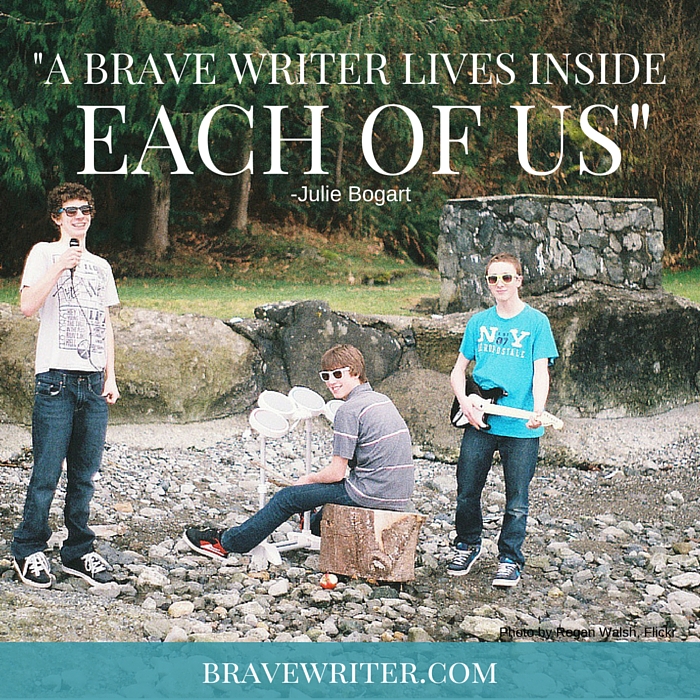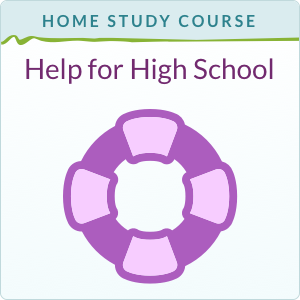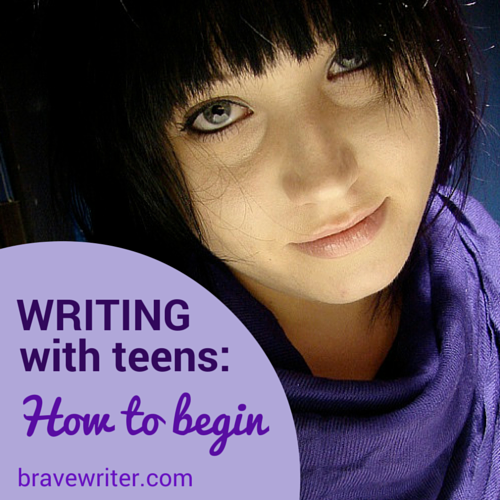
Brave Writer’s Help for High School manual covers the writing skills that contribute to powerful expository writing:
- Anecdote,
- Argument,
- Structure,
- Research,
- Register,
- and Support.
To get a feel for where we’re headed, here’s a short blurb from the book on the value of solid anecdotal writing skills.
The Anecdote
Don’t you find it odd that kids spend the first thirteen years of their lives reading and writing fiction until high school when suddenly they are expected to “shut it down” and make the switch to expository writing? Somehow essay writing is seen as serious business with no place for all those wonderful intuitive fictional skills they’ve received almost effortlessly. To this I say, “Hogwash!” The best writing (of any kind) is a blend of research, data, structure and imagination.

In the academic environment, those fiction skills are most evident in what is called “the anecdote.” An anecdote is a short personal account of an incident or event. Anecdotes can be written in first or third person. They usually offer the “slice of life” element that engages the reader’s emotions so that he will keep slogging through the dry information to become persuaded by the premise the writer offers. For instance, if the writer wants you to support a rating system for video games, he could start with an anecdote.
What if the essay began like this?
“I threw it into fifth gear, rounded the corner and mowed down six elderly people.”
You’d gasp. . . until the writer revealed that he was talking about Grand Theft Auto. But now you find yourself wondering, “Is it okay for little kids to play games that glorify gratuitous violence?”
That’s the goal of the anecdote: to get you to reconsider your assumptions in light of a new perspective.
“The best writing is a blend of research, data, structure and imagination.”
Sharing statistics about how many violent acts a child commits onscreen per hour may be important, but it is not necessarily as effective as hooking the imagination of the reader. To write effective anecdotes, a writer must learn to use personal experience, imagery, musical language, powerful associations between ideas, and a knack for drama.
Keep reading: teen writers and how they think.
 Brave Writer’s Help for High School is the solution to your writing needs for teens.
Brave Writer’s Help for High School is the solution to your writing needs for teens.
It’s is a self-directed writing program for teens that both teaches rhetorical thinking in writing, as well as the academic essay formats for high school and college. Teens work independently of their parents, however models of completed assignments and rubrics for feedback are included, as well.



















